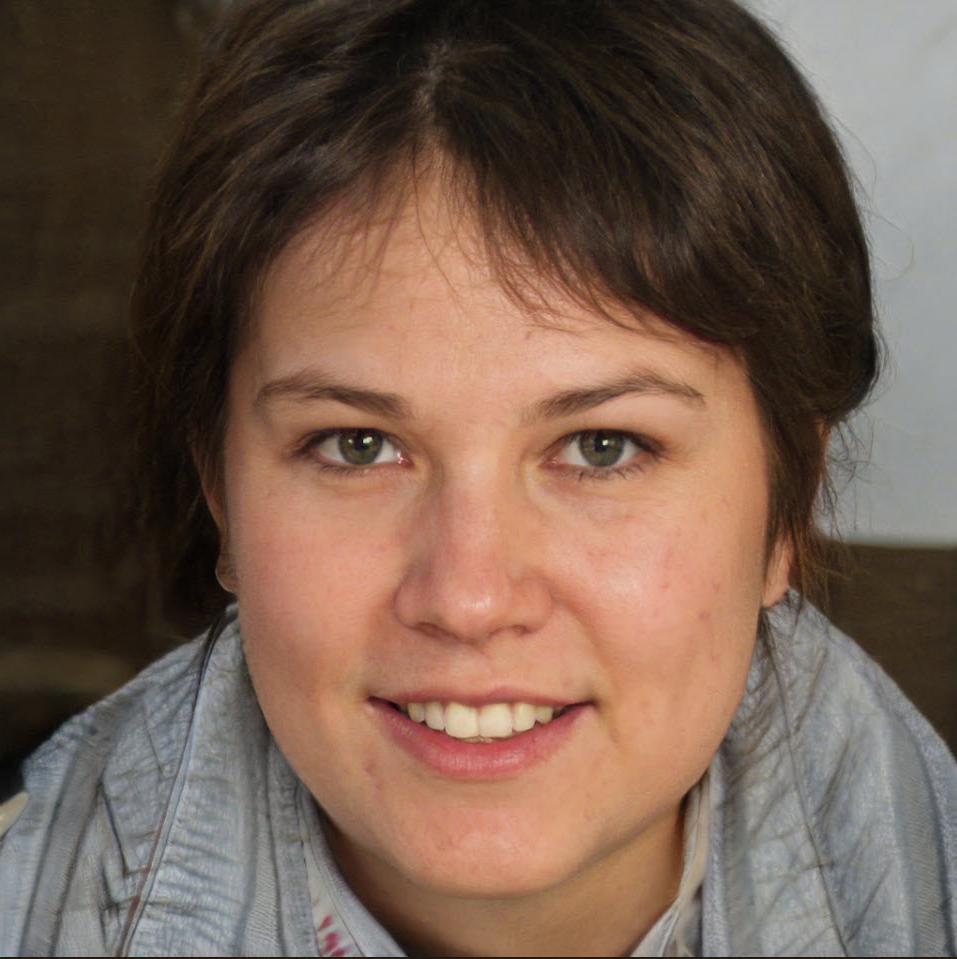Medical Laboratory Scientist Interview - Is the Career for You?
27,792 View
Share this Video
- Publish Date:
- October 25, 2024
- Category:
- Medical Careers
- Video License
- Standard License
- Imported From:
- Youtube
Tags
Medical Technologist (Med Tech, MT): This is an older reference to the MLS referenced above.
Clinical Laboratory Technologist (CLT): This is a synonymous reference to the MLS referenced above.
Medical Laboratory Technician: (MLT): This laboratory professional has an Associate of Science in medical laboratory technology. It is typically a 2-year program that includes an internship in a medical laboratory.
Lab Technician (Lab tech): This is a common (although inaccurate) name for medical laboratory professionals.
A key difference between a medical laboratory scientist (BS degree) and medical laboratory technologist is that medical laboratory scientist (BS degree) are able to run more complicated tests than MLT's can. MLS can supervise the work of other laboratory staff, but MLT's are usually unable to do so based on current regulations.
Common medical laboratory terms:
Bench - This is where the actual work is performed. It includes preparing specimens, analyzing specimens, conferring with physicians and nurses, and watching computer screens that are monitoring the tests results and the instruments that analyze them.
Internships - This refers to the period of time a medical laboratory scientists or medical laboratory technician works in a real laboratory setting to learn the skills and test procedures necessary for the profession.
Clinical v. Medical - These are synonyms. Both describe type of work a medical laboratory scientists or medical laboratory technician performs
Quality Assurance (also know as quality control) - This is a process used in medical laboratories to ensure that test results are accurate. Known quantities of a laboratory test ( for example cholesterol) are run and the results of that must fall within a given range. This ensures that a test is working properly using either automated and manual testing methods.
Certified: Most medical laboratory professionals sit for the board registry exams from the American Society of Clinical Pathologists (ASCP). Other laboratory professional organizations also provide certification tests for medical laboratory professionals.
Non-Reg: There are medical laboratory careers opportunities for those with a BS biology, chemistry, microbiology, and public health. Typically, they work in a large, metropolitan hospital laboratory and are trained in single disciplines. The professional certification from the ASCP (referenced above) is available after a designated training and work experience requirements are met.













